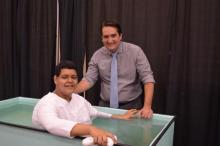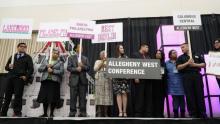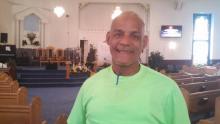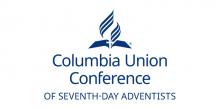News
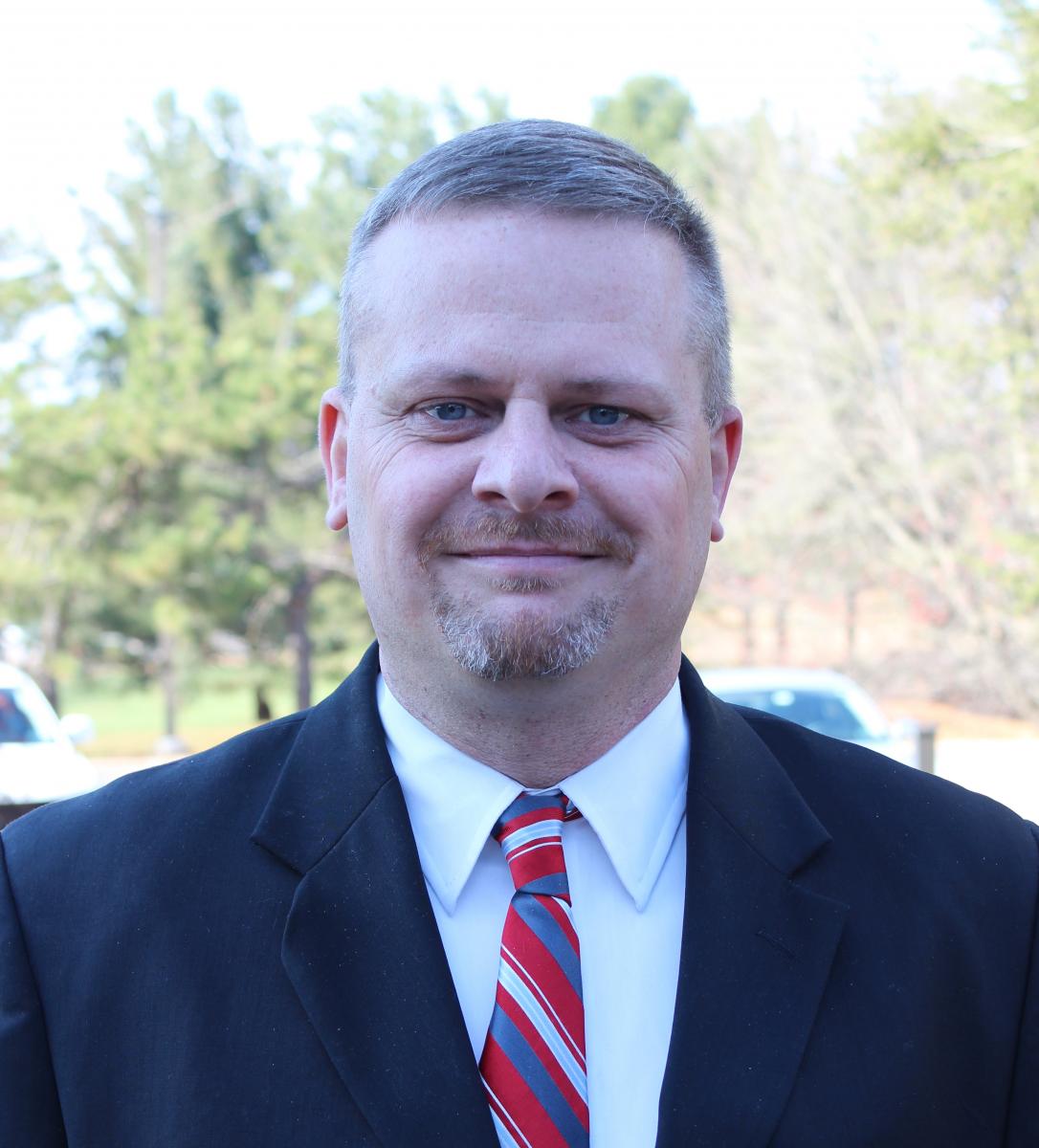 Story by Mountain View Conference Staff
Story by Mountain View Conference Staff
The Mountain View Conference (MVC) elected Mike Hewitt as president at their Executive Committee meeting today.
Hewitt has served in MVC for a year as executive secretary and ministerial director. Larry Boggess, former MVC president, recently retired.
“He loves soul-winning and people, and he can identify with many of our pastors who have come from a different profession than pastoring,” said Boggess of Hewitt.
Hewitt previously served as pastor of Potomac Conference’s Lynchburg (Va.) church. He and spent 11-and-a-half years as a pastor in the Potomac Conference, and worked as a police officer for 10 years.
(More information coming soon!)
Story by LaTasha Hewitt
Allegheny East Conference's Mizpah church in Philadelphia, recently celebrated its first Adventist Recovery Ministries (ARMin) Day. “By our work in the community, we’re trying to help people experience the life that God intends for them to enjoy,” says Donald McKinnie, pastor.
 Vivangelismo, a celebration of the 2017 ministry in the Hispanic churches across the Columbia Union Conference, will be held December 8-10 at the Ocean City (Md.) Convention Center. Watch it online!
Vivangelismo, a celebration of the 2017 ministry in the Hispanic churches across the Columbia Union Conference, will be held December 8-10 at the Ocean City (Md.) Convention Center. Watch it online!
Story by Michele Joseph
You don’t need any special gifts or abilities,” says Tamyra Horst, Prayer Ministries coordinator for the Pennsylvania Conference, on being a prayer warrior. “You just need a willingness, an honest heart and a tenacity to not give up.” Here are a few tips from Horst and other prayer warriors in the Columbia Union.
Make God first: You’ve got to remove self. If God’s not first, who is?—Saundra Austin
Pray Scripture: Claim God’s Word; pray it back to Him.—Tamyra Horst
Give fasting a chance: It deepens the prayer experience.—TH
Story by Michele Joseph
Richard Klinedinst could not sit at home in retirement. In 2010 he started walking.
The 88-year-old member of Pennsylvania Conference’s York church says he was inspired by Ron Halversen Sr.’s book Prayer Warriors. He began prayer walking in his York neighborhood and then expanded across the city. Up until 2016, he walked one-and-a-half to two-and-a-half hours each day, and logged more than 1,000 miles. Last year he fell and discontinued his daily walks. But he continues to pray. Using index cards to divide the town into 90 sections, he prays for several neighborhoods each day.
Story by Visitor Staff
While serving as a volunteer at the Reach International Children’s Home in Santa Barbara, Honduras, Mandy Corea was in charge of cooking breakfast for about 70 people.
One morning she walked into the kitchen, like she did every morning, and couldn’t find matches to light the gas stove.
Corea, Campus Ministries director and English as a Second Language teacher at Chesapeake Conference’s Highland View Academy in Hagerstown, Md., looked all over the place, searched various storage rooms and went into people’s rooms to see if anyone had matches, she says. She continued looking for about 40 minutes, stressed because she needed to prepare breakfast before the kids left for school.
Story by Washington Adventist University Staff
At its November 2017 session, the Middle States Commission on Higher Education (MSCHE) reaffirmed the accreditation of Washington Adventist University (WAU).
During the process that revised the Middle States Commission on Higher Education’s Statement of Accreditation Status, the body recognized WAU for progress to date on several recommendations and suggestions to address concerns and improve the institution in key identified areas. The University has been accredited by MSCHE since 1942.

